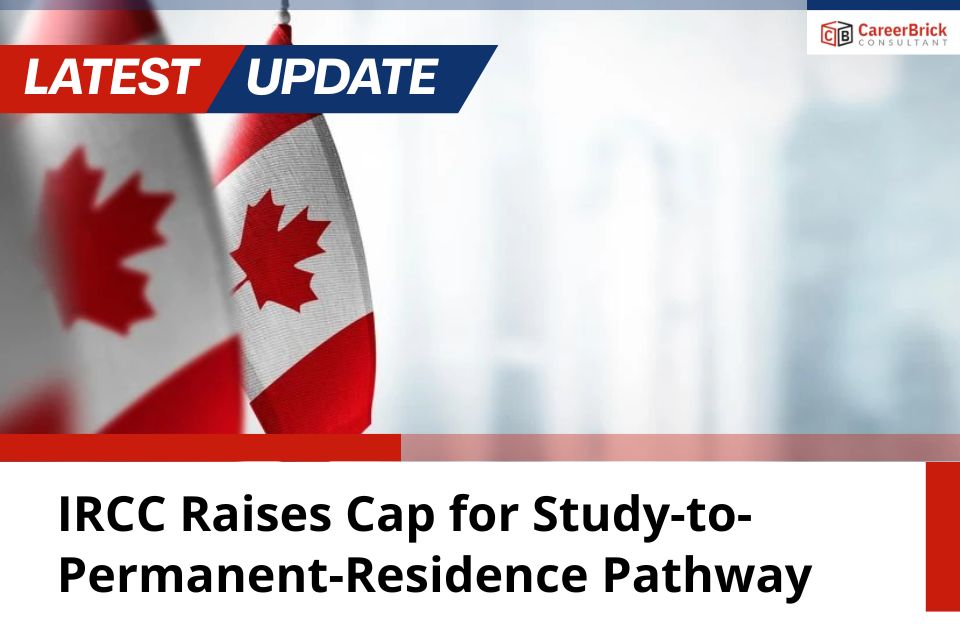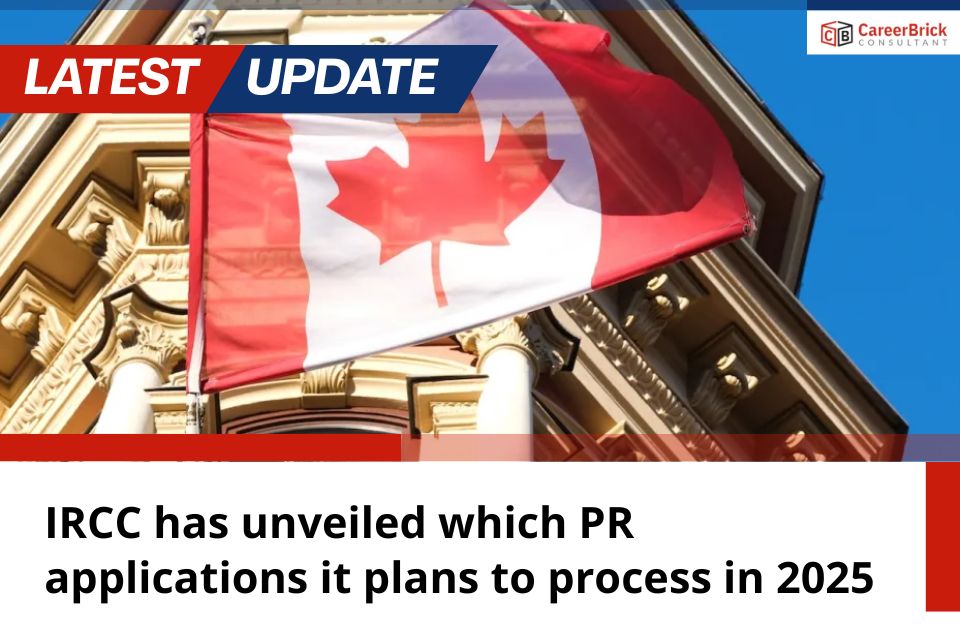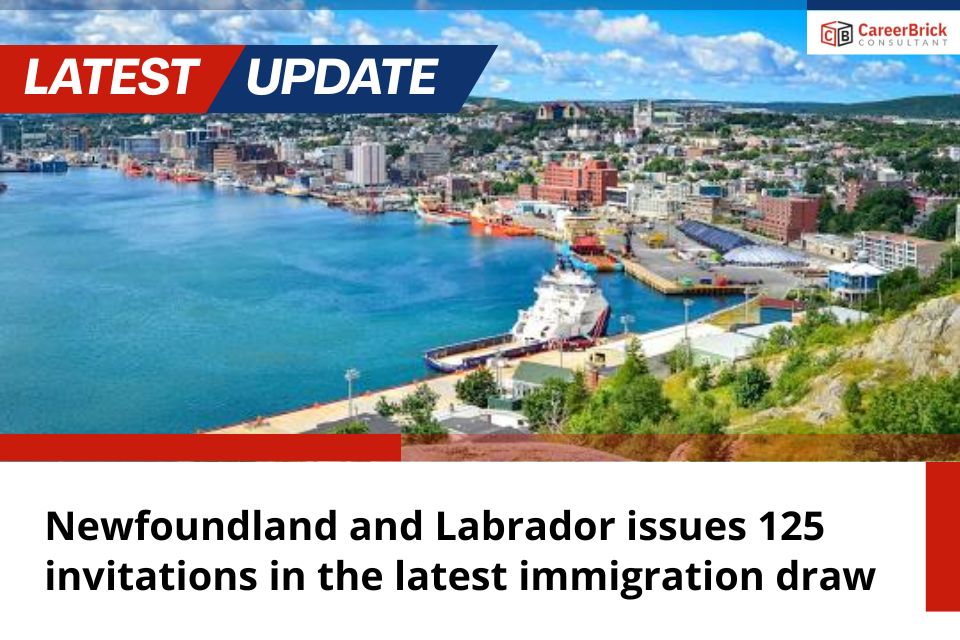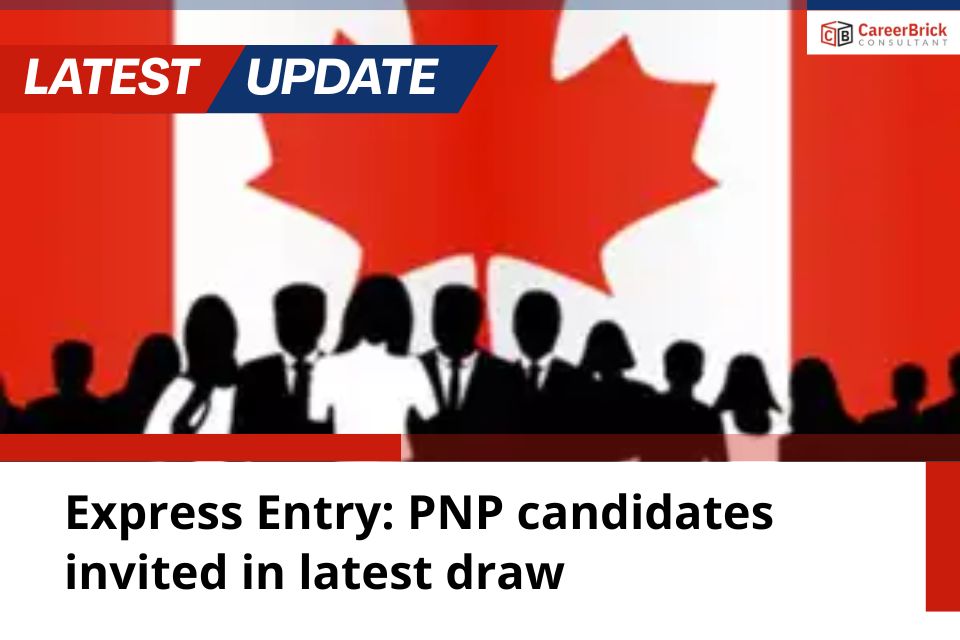The Canadian immigration authorities have announced a significant increase in the number of applications accepted under the Francophone Minority Communities Student Pilot (FMCSP), a key study to permanent-residence pathway. The decision means close to 700 additional applications will now be accepted, raising the cap from 2,300 to 2,970 applications for the 12-month submission window running from August 26, 2025 to August 25, 2026.
This move is part of a broader strategy to encourage francophone immigration outside Quebec, support francophone communities, and provide new opportunities for international students who wish to study in French-language programs and then transition to permanent residence.
What is the FMCSP Pathway?
The FMCSP is a special pathway designed for international students who meet these criteria:
-
They apply for a study permit before entering Canada.
-
They are citizens of specific francophone-member countries of the International Francophonie that are eligible under the program.
-
They receive an acceptance letter from a designated learning institution (DLI) that has signed a memorandum of understanding with IRCC to participate in the FMCSP.
-
Their academic program is full-time, at least two years in duration, and conducted primarily in French (over 50% of courses in French).
-
They hold a French-language test result meeting a minimum of NCLC 5 (in listening, reading, writing and speaking).
-
They demonstrate sufficient funds for the first year of study and living expenses — at least 75 % of the Low-Income Cut-Off for the municipality in which the school is located.
-
They and their family members must be admissible to Canada.
Additionally, accompanying immediate family members (spouse/common-law partner and dependent children) can also apply under the pathway. After the principal applicant applies for permanent residence, both the student and accompanying family may be eligible for open work permits while awaiting the final decision.
Why the Increase?
The decision to increase the application cap under FMCSP stems from the federal government’s mandate to strengthen the “demographic weight” of French-speaking immigrants outside Québec. The policy aligns with Canada’s broader plan to boost francophone immigration to minority-language communities and support economic, social and cultural vitality in regions beyond the main French-speaking province.
According to IRCC’s policy on francophone immigration, new targets have been established for newcomers who are French-speaking and settle outside Quebec — with the proportion of francophone landings increasing to 9.5% in 2026 and 10% by 2027. Raising the cap on FMCSP is a concrete step toward achieving these goals.
Key Details & Eligibility Snapshot
Here is a summary of the main features of the FMCSP pathway:
| Feature | Requirements/Details |
| Application window | From August 26, 2025 to August 25, 2026 |
| New cap | 2,970 applications (up from 2,300) |
| Language requirement | Minimum NCLC 5 in French for all four skills |
| Program requirement | Full-time, at least two-year diploma/degree, majority of courses taught in French |
| Eligible countries | Specific francophone-member countries defined by IRCC |
| Family inclusion | Spouse/common-law partner + dependent children can apply simultaneously |
| Work permit option | Open Work Permit available to principal applicant & family while PR decision is pending |
What This Means for Students & Applicants
-
For francophone international students seeking a path from study to permanent residence in Canada, the increased cap is a positive development, offering more opportunities under this pilot pathway.
-
It underscores the importance of French-language skills, even for those whose primary goal may be academic or temporary study. Achieving the required French level significantly boosts eligibility for this and similar pathways.
-
From an immigration planning perspective, applicants should ensure their study program, institution, language test results, and funds documentation are all in order well in advance, given the window for applications is tightly defined.
-
Family members of students should also review their eligibility and application options, since the pathway allows familys’ inclusion and open work permits — which can improve integration outcomes.
Looking Ahead
By increasing the cap for applications under FMCSP, IRCC signals a clear commitment to inclusive francophone immigration and to widening the routes from international study to permanent residence. For students who meet the criteria, this pathway represents a compelling opportunity — and the timing is favourable.
Students who are fluent in French, accepted into an appropriate program, and prepared with documentation now have a strengthened chance at advancing toward Canadian permanent residence.
As Canada continues to refine its immigration and temporary-resident policies, pathways like FMCSP will likely play an increasingly important role in shaping the country’s francophone-minority immigration strategy.







